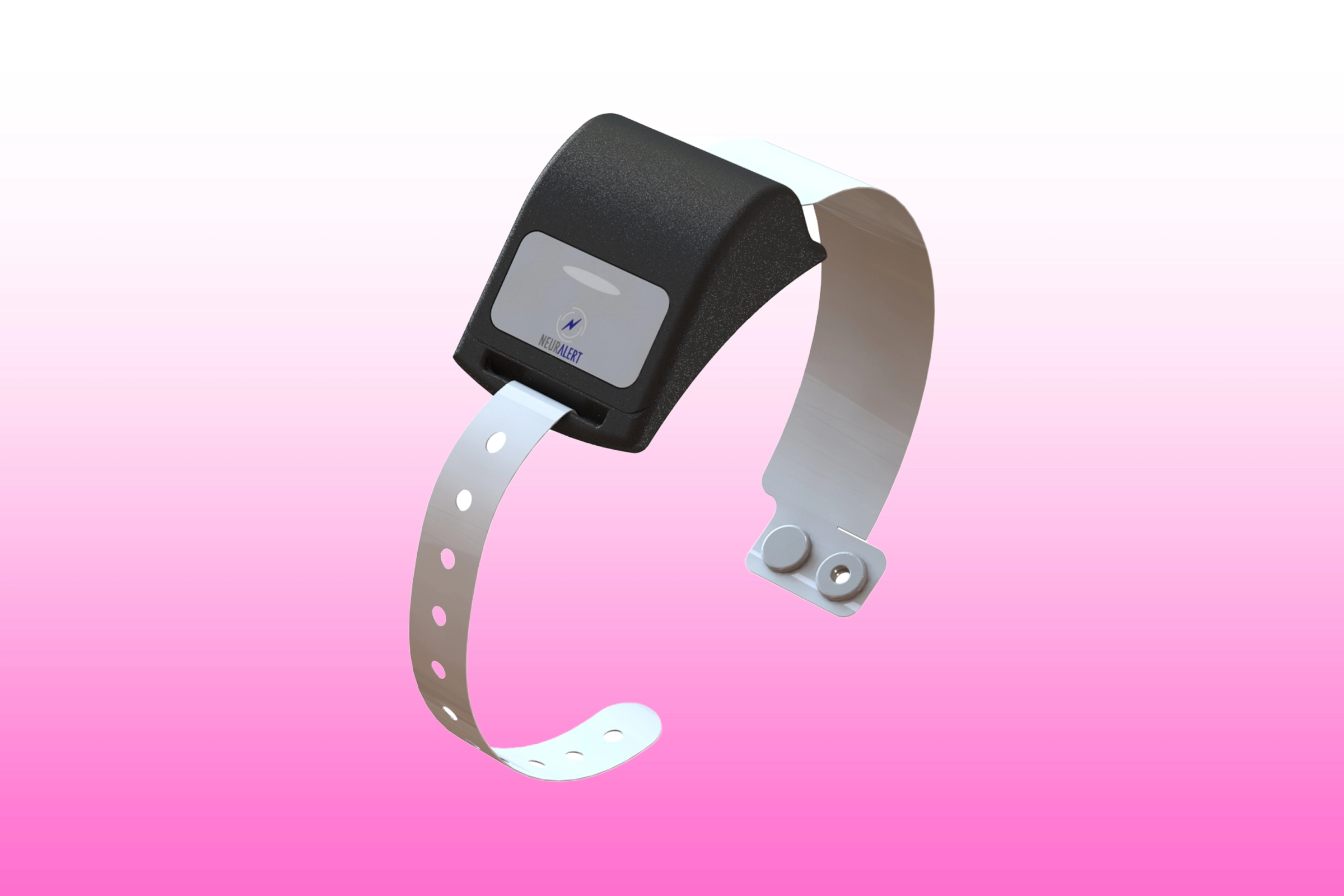After decades of steady decline, heart disease is coming back with a fervor, and often with fatal consequences. In 1948, President Harry Truman signed the National Heart Act, establishing the National Heart, Lung and Blood Institute. The President also funded the landmark Framingham Heart Study, the world’s longest-running population study of heart disease. For the next six decades, we were winning the war on heart disease. Deaths from heart attacks, heart failure, heart rhythm disorders and related conditions fell a whopping 69% between 1950 and 2009. Lately, however, it has been bad news. “We’re looking at a crisis in terms of lowering life expectancy for the first time in decades,” cardiologist Sadiya Khan, M.D., told AARP.ORG/BULLETIN (January/February Issue, page 9). Death rates from heart disease for people between the ages of 45-64 rose 8.5% between 2010 and 2020. More recently, the COVID pandemic has taken its toll on our nation’s hearts. In 2020 and 2021, heart attack deaths increased by 21% for those 45-64 and 17.9% for those 65 and older. These are frightening statistics.
Every 40 Seconds An American Has A Stroke
I read a story saying that every 40 seconds, someone in the U.S. has a stroke, a shocking statistic. Some are massive and easy to recognize. Others are small and can be undetectable. A recent study of in-hospital strokes found that most go undetected for more than four hours, which can be very dangerous. Thankfully, there is a new product coming to market in 2023 called Neuralert, which the FDA designated a breakthrough device last year. The pair of smart wristbands use a proprietary algorithm to track arm asymmetry or weakness, common symptoms of a stroke. Neuralert can detect symptoms in as little as 15 minutes, and automatically alert medical staff.
https://time.com/collection/best-inventions-2022/6228884/neuralert/
Monterey, CA Alzheimer’s Researchers Come Up With Pre-Emptive Strike
Some of the world’s largest drug companies are trying to develop preventative drugs for Alzheimer’s disease, prescribing drugs for high-risk patients that would reduce plaque on the brain and stave dementia off even before it starts. There have been so many failed attempts at developing successful drugs to delay the onset of Alzheimer’s disease that it’s hard to have new hope. But this attempt does look promising. Both Eli Lilly Co. and Eisai Co. are going to do large-scale drug trials on thousands of healthy adults, helping to push back cognitive decline before it even starts. By the time people show obvious signs of Alzheimer’s or dementia, there’s usually been so much brain damage that not a lot can be done. Recent brain-scan studies have shown that toxic proteins, including amyloid, can accumulate in the brain for two decades or more before they lead to dementia. Neurologists are hoping that removing amyloid before it causes damage will provide a huge impact on this disease.
Robots Helping Stroke Victims Regain Mobility
A fleet of robots powered by artificial intelligence or AI is helping survivors of strokes and spinal cord injuries regain control of their arm, shoulder and hand movements, according to AARP The Magazine October/November issue, page 54. The Bionik InMotion robots look just like a computer workstation but are adapted to train patients to retrain their motions used in every day activities.
Smart Stethoscope Hits The Market, Making Heart Murmur Detection Easier
AARP The Magazine had some amazing stories in its October/November 22 issue regarding innovations in health care. One new device on the market is a “smart stethoscope” which can detect even the slightest heart murmur. “Five to 10 percent of people we screen have some sort of valvular heart disease or atrial fibrillation,” Dr. Antoine Keller, a cardiothoracic surgeon and co-founder of HeartSense, told AARP The Magazine. “This stethoscope allows doctors to identify heart murmurs before they can be heard,” he said. Heart-valve disease affects 8.5% to 13.2% of adults over the age of 65 so early detection is critical.
Taking Care Of Yourself After A Heart Attack
The odds of getting cardiovascular disease in our 60’s are 77.5% for males (females are lower with 75.4% between the ages of 60-79), according to the American Heart Association. Taking care of your heart means reducing obesity, high blood pressure and cholesterol, managing diabetes if you have it, and limiting alcohol. Common symptoms of a heart attack are chest pain or discomfort, shortness of breath, feeling faint or weak, and pain in your jaw, neck, back, arms or shoulder. You also need a good exercise regimen to stimulate blood flow. “Even as little as a 5-10 percent decrease in your body weight can have a huge effect on your blood pressure and other risk factors,” Dr. Donald Lloyd-Jones, president of the American Heart Association, or AHA, told AARP Bulletin.
Mental Health Tied To Diet
Although it would be stating the obvious that fruit is better for you than potato chips, a new study from Aston University in Birmingham, England, found that eating healthy snacks rather than other options like potato chips can help stave off psychological and memory problems. The findings, which were published in the British Journal of Nutrition, found that those who ate fruit more often showed reduced symptoms of depression and greater positive psychological well-being. More frequent eating of potato chips and other savory snacks resulted in increased anxiety, depression, stress and reduced psychological well being. Eating a portion of fruit of any size was good for mental health.
1 In 10 Seniors Have Dementia, New Study Shows
A new study, which was published in the journal JAMA Neurology, found that one in 10 Americans over the age of 65 have dementia, while 22% experienced mild cognitive impairment. It studied nearly 3,500 people via interviews and neuropsychological tests on a randomly selected sample of seniors between June of 2016 and October of 2017. 15% of those who identified as black tested positive for dementia, while 22% had mild cognitive decline. 10% of those who identified as Hispanic had dementia, while 28% had mild cognitive impairment. This compares to 9% of white people who had dementia and 21% had mild cognitive impairment.
Monterey, CA Hopes Dashed For Those With Alzheimer’s : Few Drugs In The Pipeline
There was a sad story about a woman named Geri Taylor in the most recent issue of Bloomberg Businessweek. She ran a large long-term care facility into her mid-60’s at which point she started to get forgetful. One time, she was in the middle of running a staff meeting and lost her train of thought. When she couldn’t get it back, one of her deputies had to take over. Another time, she got off at the wrong Manhattan subway stop and had no idea why she was there or where she was going. She kept putting off seeing a neurologist for years until one day she walked into the bathroom and couldn’t recognizer her own face in the mirror. She was finally diagnosed with mild cognitive impairment, likely due to Alzheimer’s disease, in 2012. New hope arrived in 2015 when she enrolled in a clinical trial. She had an unusual buildup of a protein in the brain called amyloid plaque, which most researchers believe is related to Alzheimer’s disease. The drug turned out to be Aduhelm, made by Biogen Inc. However, her hopes were quickly dashed when, despite being given FDA approval, Medicare refused to pay for the drug and it was essentially taken off the market. Now, some researchers are wondering if the whole Amyloid plaque theory should be abandoned and scientists should focus on some other promising areas. But there is a huge disagreement on this topic. Rudolph Tanzi, a neurology professor at Harvard Medical School and Massachusetts General Hospital, said, “If you say amyloid doesn’t matter in this disease, you are just hiding your head in the sand.” He is more optimistic about using anti-amyloid drugs earlier as a preventative measure. Over the next year, results from trials of three more amyloid-lowering drugs—from Eli Lilly, Roche and Eisai, are expected to be published. If any of the trials succeed, Medicare will be under extreme pressure to pay for the drugs. However, if they all fail, backers of the amyloid hypothesis may have to throw in the towel. Regular readers of my blog know that both my father and my grandmother had this terrible disease when they passed away. There are a great group of people at the Monterey Chapter of the Alzheimer’s Association in Ryan’s Ranch. They also have a 24-hour hotline if you just want to talk at 1-800-272-3900.
Average Life Expectancy Falls Again
The average life expectancy in the U.S. dropped for the second year in a row, as COVID-19 deaths and drug overdoses pulled the average life expectancy down by almost a year to 76.1, according to the Centers for Disease Control and Prevention. The drop was smaller than the 1.8 year decline that we saw in 2020, but it’s still disturbing. Deaths attributed to flu, pneumonia and Alzheimer’s disease declined in 2021. The combined figures for the last two years are the biggest drop in life expectancy since the 1920’s.










